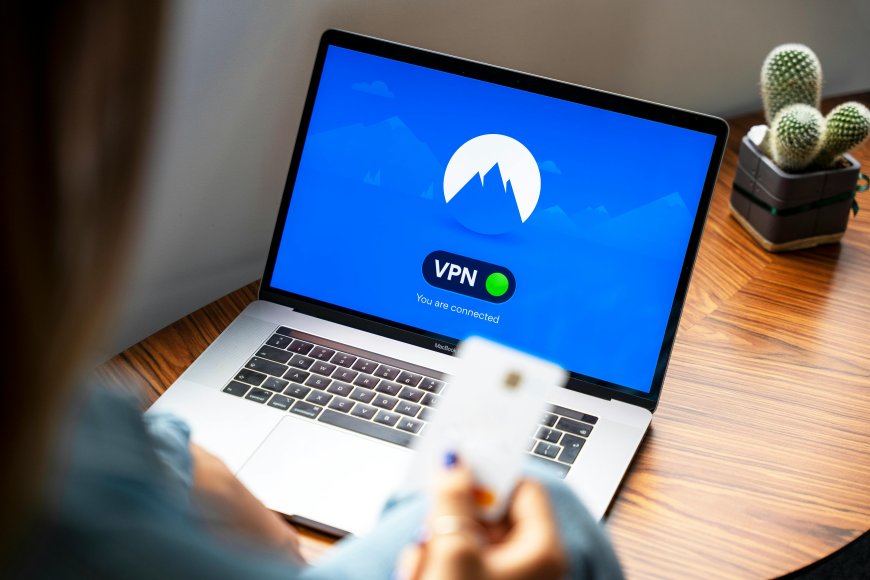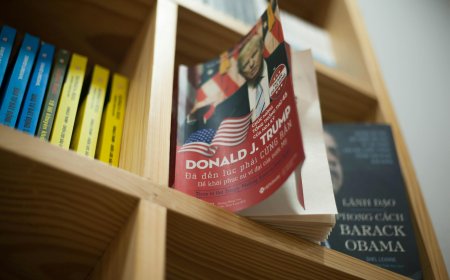UK Retreats in Apple Privacy Battle, US Confirms
UK backs down in Apple privacy dispute after US raised civil liberties concerns. Apple wins encryption standoff.

For months, the battle between Apple and the UK government simmered behind closed doors. At the heart of the dispute: whether London could compel one of the world’s most powerful tech companies to break its own encryption. Now, in a rare public intervention, the United States says Britain has stepped back. The move marks a turning point in the high-stakes debate over privacy, security, and state power in the digital age.
The Dispute That Rocked Silicon Valley
In December, the UK government issued a notice under its Investigatory Powers Act demanding Apple provide a secret backdoor to access encrypted data. That order would have applied not just to British users, but to Apple customers worldwide.
For Apple, the request posed an existential threat. Its most advanced security feature, Advanced Data Protection (ADP), ensures that not even Apple can read users’ files once enabled. Breaking this system would require rewriting the very encryption methods that underpin the iPhone’s global reputation for privacy.
The tech giant refused. Instead of quietly complying, Apple withdrew ADP from the UK market and mounted a legal challenge, with a tribunal set for 2026. Privacy advocates saw this as a test case: if London succeeded, other governments might soon follow.

US Steps In: A Warning Over Civil Liberties
The dispute escalated when Tulsi Gabbard, the US Director of National Intelligence, revealed that Britain had agreed to withdraw its demand. In a statement posted on X, she argued the UK’s proposal would have endangered Americans’ privacy rights.
“Creating a back door,” she said, “would not only give governments access to protected encrypted data, but also set a precedent that undermines civil liberties.”
For Washington, this was not simply a corporate dispute but a matter of national security. If encryption is weakened in one country, intelligence experts argue, it exposes vulnerabilities everywhere.
Why Encryption Matters
Encryption has become the backbone of modern digital life. From personal photos stored in iCloud to WhatsApp messages and banking transactions, end-to-end security prevents hackers, corporations, and governments from snooping.
Apple’s stance has long been uncompromising. “We have never built a backdoor or master key to any of our products or services, and we never will,” the company reiterated.
For users, this means their data remains locked away even if Apple—or a government—wants access. For governments, however, this creates a headache: law enforcement agencies argue they are being “blinded” in their efforts to track terrorists, child abusers, and organized crime groups.
Campaigners: A Rare Victory for Privacy
Civil rights organizations, which had launched parallel legal challenges against the government order, cautiously welcomed the reversal.
“This is hugely welcome news,” said Sam Grant of Liberty. “A backdoor into our private data would have been reckless and potentially unlawful. It would put ordinary citizens, campaigners, and minority groups at greater risk of being targeted.”
Privacy International echoed those concerns, warning that while the latest retreat was a victory, the powers enshrined in the Investigatory Powers Act still pose a danger. “As long as such authority exists, any government could attempt the same demand again in the future,” the group said.
Storytelling: A Family’s Trust in Encryption
To understand the stakes, consider a London-based journalist who relies on encrypted storage to protect sensitive sources. Or a New York family who uploads medical records to iCloud, trusting that no hacker—or foreign government—can access them.
For these people, encryption isn’t an abstract technical feature. It is the invisible shield guarding their private lives. A government backdoor would not only weaken that shield but potentially hand the keys to bad actors.
This emotional dimension explains why the Apple case sparked such fierce debate beyond the tech community. At its core, it is not about lines of code but about trust—trust between users and the devices that hold their most personal secrets.
What the U-Turn Means for Tech Companies
The UK’s reversal raises questions about whether other tech giants, such as WhatsApp, Signal, and Google, were also pressured to weaken encryption. So far, WhatsApp has publicly denied receiving such demands.
For Silicon Valley, the outcome offers a precedent: governments may be forced to back down when confronted with unified resistance from both tech firms and civil society. Yet uncertainty lingers. Legal experts caution that Britain could attempt new strategies to assert access powers, especially as technology evolves.
Key implications for the industry include:
- Stronger global stance on encryption: Apple’s refusal sets a bar for others to follow.
- Legal uncertainty remains: The Investigatory Powers Act is still in force, and future governments may attempt similar actions.
- Consumer trust boosted: Apple’s insistence on privacy could further cement its brand loyalty in Western markets.
The Shadow of the Data Access Agreement
Complicating the picture is the Data Access Agreement, an existing treaty between the UK and the US allowing the two countries to request data from tech firms for law enforcement. Critics argue that this framework already provides channels for cooperation without forcing backdoors.
Why, then, did the UK push further? Some analysts believe it reflects mounting frustration within law enforcement agencies, who say criminal groups exploit encryption to operate in the shadows. Others suspect political motives—an attempt to project toughness on security at home.
Global Repercussions: A Warning to Other Governments
Britain’s retreat could ripple across the world. Other governments—from India to Australia—have considered or enacted laws pressuring tech firms to weaken encryption. By standing firm, Apple and its allies may embolden resistance elsewhere.
At the same time, the case underscores the delicate balance between privacy and policing in the digital era. As technology grows more sophisticated, so too will the cat-and-mouse game between states and Silicon Valley.
Conclusion: A Fragile Win for Privacy
The UK’s decision to step back marks a rare victory for digital privacy advocates. Yet it remains a fragile one. The Investigatory Powers Act still contains provisions that could be tested in future, and the political appetite for surveillance has not vanished.
For now, Apple has proven that even the most powerful governments cannot easily compel a company to compromise its core principles. But the battle between state security and individual privacy is far from over. The next flashpoint may already be on the horizon.
FAQs
1. What was the UK demanding from Apple?
The UK wanted Apple to create a secret backdoor into encrypted data, allowing government access to users’ files worldwide.
2. Why did Apple refuse?
Apple argued that creating such a backdoor would weaken its encryption globally, putting all users at risk of hacking and surveillance.
3. How did the US respond?
The US publicly welcomed the UK’s retreat, saying the demand would have endangered civil liberties and set a dangerous precedent.
4. Does this mean Apple won permanently?
Not entirely. While this specific demand has been withdrawn, the UK’s Investigatory Powers Act still grants broad surveillance powers that could be used again.
5. What does this mean for ordinary users?
For now, iPhone and iCloud users can trust that their encrypted data remains secure, but the broader debate over privacy versus security will continue.
আপনার প্রতিক্রিয়া কী?
 পছন্দ
0
পছন্দ
0
 অপছন্দ
0
অপছন্দ
0
 ভালোবাসা
0
ভালোবাসা
0
 মজার
0
মজার
0
 রাগান্বিত
0
রাগান্বিত
0
 দুঃখজনক
0
দুঃখজনক
0
 বাহ
0
বাহ
0




























































